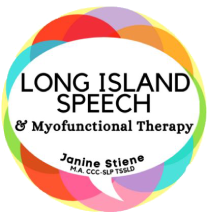Blog
Tips for Assessing Bilingual Children as a Monolingual SLP
How to go about assessing bilingual children as a monolingual SLP regarding all languages.
- Conduct a family/caregiver interview:
- Minimize bias
- Gain insight to expectations and the possibility for deficits
- Use an interpreter
- Meet prior to review process, terminology, and expectations
- Obtain key information such as: “It was very hard for me to understand him,” or, “He doesn’t use prepositions correctly.” This along withadditional testing measures can help support or negate a true disorder.
- Use highly pragmatic tests
- if formal/standardized testing is not available in the child’s primary language.
- These tests will help determine the client’s grasp of conversational language, which is the first building block to more complex language.
- You cannot report standard scores when using standardized testing notnormed for that language. You can use the information as qualitative data to support the rest of your findings.
- Employ dynamic assessment
- a pretest of a skill, an intervention to address that skill, and then a post-test to determine if there was progress.
- Include a communication sample in any communication evaluation:
- Determine how language is used through the use of a conversation or story.
Be mindful:
- The silent period occurs when a client is first exposed to a new language.
- Can be misdiagnosed with another disorder or language delay
- Lasts up to 6 months to a year
- Bilingual development is recognized in two stages.
- Basic Interpersonal Communication Skills (BICS), also known as “conversational language,” typically takes two to three years to acquire.
- Cognitive Academic Language Proficiency (CALP), also known as “academic language,” takes five to seven years to develop.
- common misidentifications during these phrases are Language Disorder and Specific Learning Disability.
Rosemary D.




